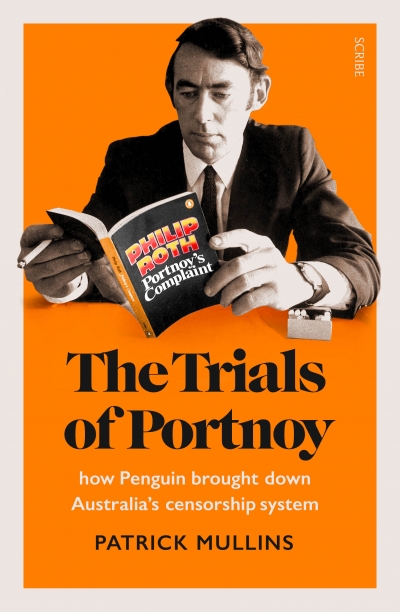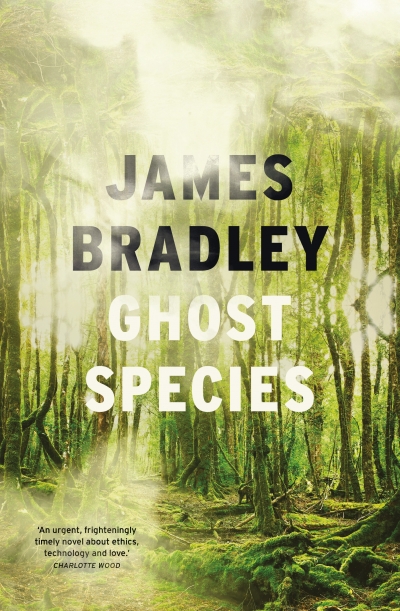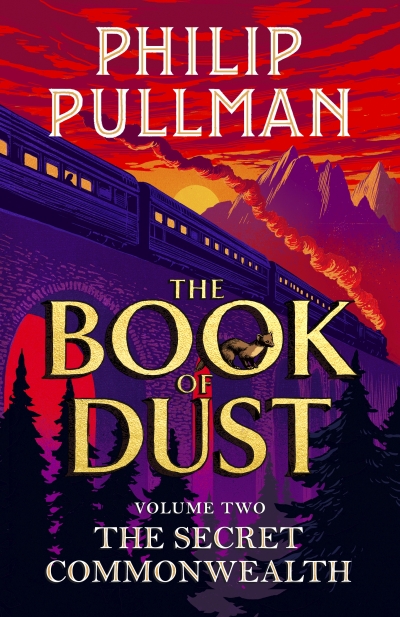Penguin
How the Light Gets In by M.J. Hyland & Tristessa And Lucido by Miriam Zolin
by Madeleine Byrne •
The Trials of Portnoy: How Penguin brought down Australia’s censorship system by Patrick Mullins
by James Ley •
Lloyd O'Neil, long-time publisher of popular Australian non-fiction, has announced that he has sold his company to Penguin. O'Neil is credited with initiating the growth of the indigenous publishing industry in the postwar period. His decision to print his books overseas in 1963 changed the whole nature of the business: ‘For the first time we could produce Australian books at a standard and price that was comparable with overseas,’ he said.
... (read more)The Penguin Best Stories Of D’Arcy Niland by D’Arcy Niland, selected with introduction by Ruth Park
by D. J. O’Hearn •
Fate of a Free People: A radical re-examination of the Tasmanian wars by Henry Reynolds
by John Bryson •
The Book Of Dust, Volume Two: The Secret Commonwealth by Philip Pullman
by Peter Craven •










